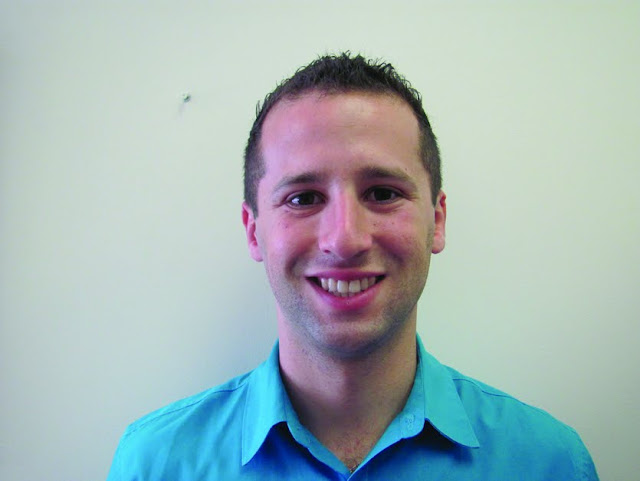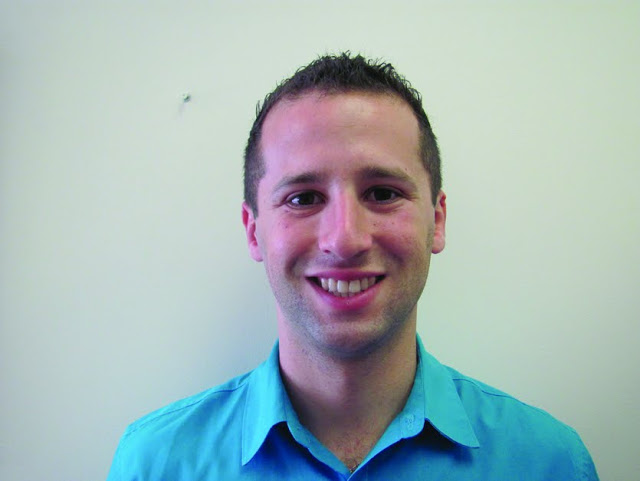 |
After a year and a half as one of the youngest employees of Jewish communal organisations in Cape Town, I want to share an upsetting truth I have observed: There are too few young adults sitting around Cape Town Jewish community board room tables and attending communal functions.
Where are the young adults in their 20s and 30s, and why are they not running to be elected onto the South African Jewish Board of Deputies or South African Zionist Federation? Why have I never seen a 20-something year old woman at a Union of Jewish Women or Bnoth Zion meeting? Why do so few young adults attend communal conferences or write letters to the newspapers in defence of Israel? I do not wholly buy that ‘the youth are apathetic’ or that ‘they will become communally involved once they have children,’ as this assumes that today’s young adults will in ten years still be living in South Africa, and will not have found more attractive causes in which to be involved. We need to take a good look at why our young adults — our community’s future — are relatively uninvolved.
Culture of volunteerism leads to ‘burn out’ Our community has traditionally relied on a culture of volunteerism, where young adults lead youth movements and student organisations without monetary compensation. However, the pressure today facing young Jewish adults to succeed is far greater than that of their parents’ generation. A good education and corporate jobs are no longer reserved for 10% of the population, and Jewish students today need to receive exceptional marks in order to be accepted to top tertiary programmes. They are also expected to partake in multiple internships throughout their studies in preparation to enter an oversaturated job market. Then young people are working this hard and running youth organisations without compensation, it is very easy for them to ‘burn out’ and abandon Jewish communal involvement altogether. We need to reassess our culture of uncompensated communal volunteerism for young people, as the pressure on them has increased exponentially over the past two decades. I applaud the increasing number of communal organisations hiring young adults, and we need to continue taking chances on young people by employing them to build a Jewish community that appeals to their age cohort.
Range of communal conversations Our organisations are meant to be representative of our community, but there are not enough young adults on the various boards of these institutions. There are two possible reasons for this: One is that board members have not played an active-enough role in recruiting talented young people. Developing young leaders includes mentoring them or lobbying on their behalf to other board members and voting affiliates. Another reason could be that the conversations we are having do not speak to the needs of my generation, the ‘Millennials’. While our organisations must fight Boycott, Divestment and Sanctions (BDS) against Israel, is our focus on Israel distracting us from talking about other issues that young adults care about? Young, skilled professionals will not stay in South Africa long-term if inequality increases and economic competitiveness and political stability deteriorate. We need to properly assess the proportion of conversations we are having about Israeli versus South African issues, and work towards reaching a more equitable balance.
Can we afford to alienate?
40% of South African Jews emigrated between 1981-2005, meaning that we are a much smaller and older community than we were at our peak in the 1970s. For a community of 60 000, I believe that we are unacceptably fractured and unnecessarily alienating certain groups. Some young members in our community feel excluded from involvement due to their ideological views on Israel, affiliation to non-Orthodox denominations or inability to fully participate at secular communal events due to their gender. Many young adults feel excluded from the community simply because they sense that leadership positions are unattainable or that the conversations they want to have are not happening. As a small and ageing community, we need to accept that we are no longer the ‘homogenous’ 120 000 member-strong community of the past, but are now a 60 000 strong-member community which draws strength from its diversity. We simply cannot afford to alienate our young adults, who are the lifeblood of the community.
Dan Brotman is 25 years old and is the Media & Diplomatic Liaison at the Cape Jewish Board of Deputies. The views expressed here are solely his own. You can follow him on Twitter at @DGBrotman or e-mail him at DanB@ctjc.co.za.











